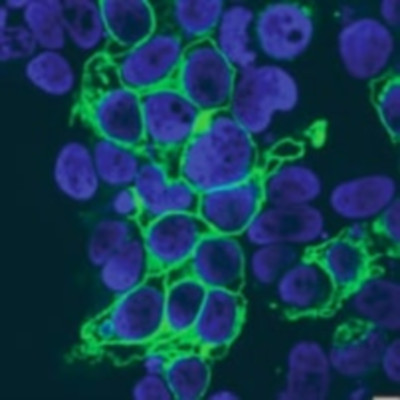Abstract
The dynamic assembly of multiprotein complexes is a central mechanism of many cell signaling pathways. This process is key to maintaining the spatiotemporal specificity required for an accurate, yet adaptive, response to rapidly changing cellular conditions. We describe a technique for the specific isolation and downstream proteomic characterization of any two interacting proteins, to the exclusion of their individual moieties and competing binding partners. We termed the approach bimolecular complementation affinity purification (BiCAP) because it combines the use of conformation-specific nanobodies with a protein-fragment complementation assay with affinity purification. Using BiCAP, we characterized the specific interactome of the epidermal growth factor receptor (EGFR) family member ERBB2 when in the form of a homodimer or when in the form of a heterodimer with either EGFR or ERBB3. We identified dimer-specific interaction patterns for key adaptor proteins and identified a number of previously unknown interacting partners. Functional analysis for one of these newly identified partners revealed a noncanonical mechanism of extracellular signal-regulated kinase (ERK) activation that is specific to the ERBB2:ERBB3 heterodimer and acts through the adaptor protein FAM59A in breast cancer cells.
